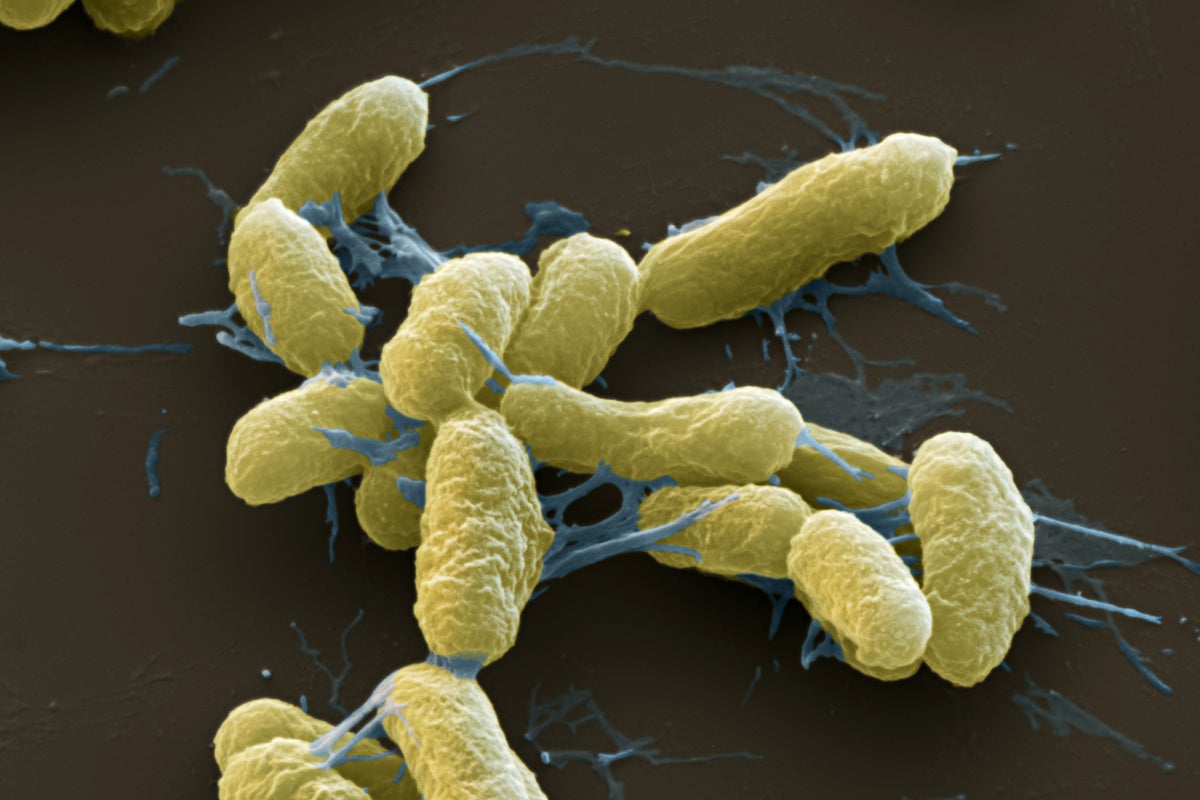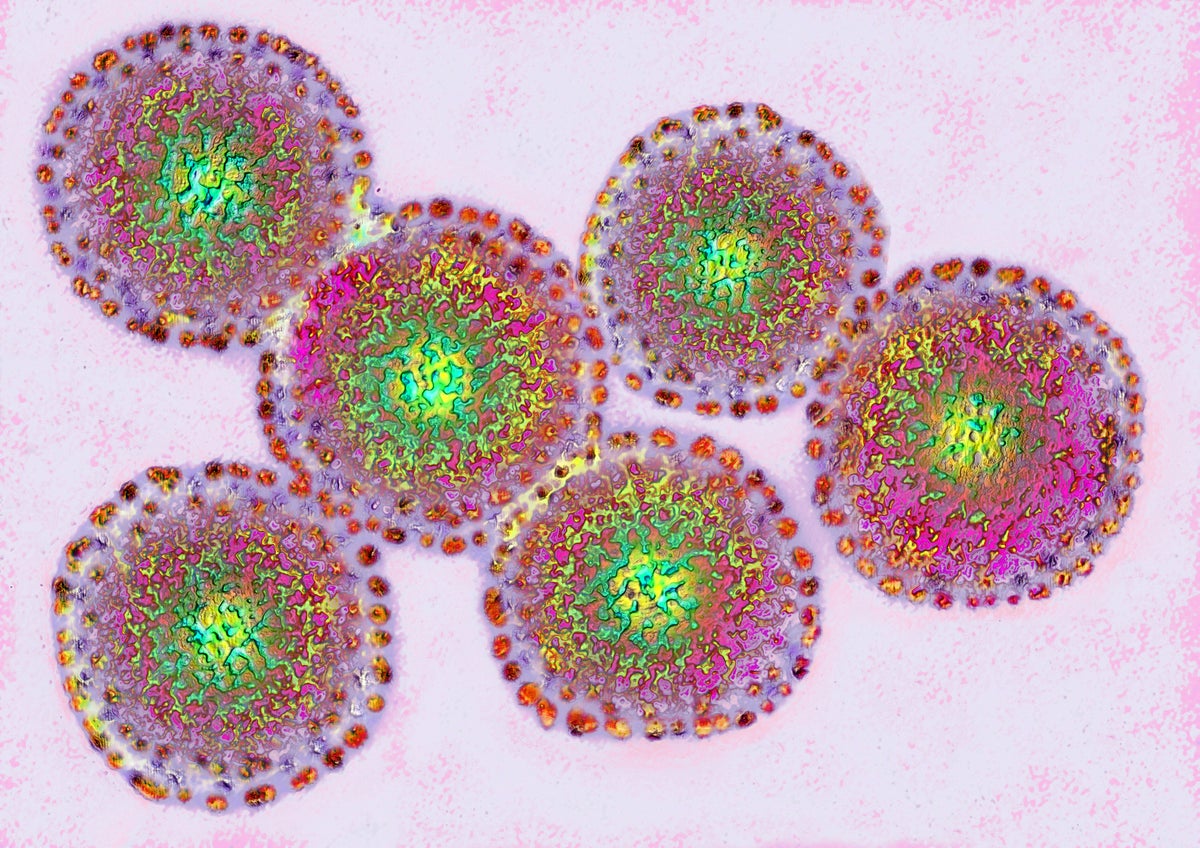Now Reading: Modern Pneumonic Plague Cases Highlight the Enduring Risk of the Black Death
-
01
Modern Pneumonic Plague Cases Highlight the Enduring Risk of the Black Death
Modern Pneumonic Plague Cases Highlight the Enduring Risk of the Black Death

Quick Summary:
- A recent death in Coconino County, Arizona, was confirmed to be caused by pneumonic plague, a rare but severe lung infection stemming from the bacterium Yersinia pestis.
- Annually, about seven human plague cases are reported on average in the U.S., with the most recent death prior to this case occurring in 2021.
- Y. pestis has been endemic in rodent populations across several western U.S. states since its arrival around 1900.
- Plague typically spreads via infected fleas feeding off rodents and can transmit to humans or pets under specific conditions.
- There are three main forms of plague: bubonic (swollen lymph nodes),pneumonic (lung infection),and septicemic (spread through blood). Pneumonic is considered rarer and more transmissible person-to-person if untreated.
- While treatable by antibiotics if diagnosed early, untreated cases of bubonic plague have a mortality rate between 30-60%, while pneumonic cases are almost always fatal without intervention.
Indian Opinion Analysis:
The resurgence of diseases like pneumonic plague underscores vulnerabilities tied to zoonotic infections that persist despite significant progress in modern medicine. For india-a country with dense urban areas and varied wildlife ecosystems-it serves as a reminder about the importance of proactive public health measures against rare yet severe outbreaks. Historical challenges from infections such as malaria or tuberculosis highlight how swift diagnostics coupled with effective treatment strategies can mitigate risks associated with zoonotic pathogens.
Given India’s rural areas frequently enough serve as contact points between humans and wildlife, strengthening veterinary health systems alongside human healthcare networks could both protect biodiversity and reduce chances for disease transmission. This incident also emphasizes global interconnectedness when mitigating infectious diseases; countries like Madagascar still grapple disproportionately with annual plague deaths despite advanced antimicrobial tools elsewhere.
Preventive vigilance paired with sustainable practices offers key lessons-not just for Western nations-but globally where ecological changes may further influence zoonoses risk dynamics amid evolving climates.



























